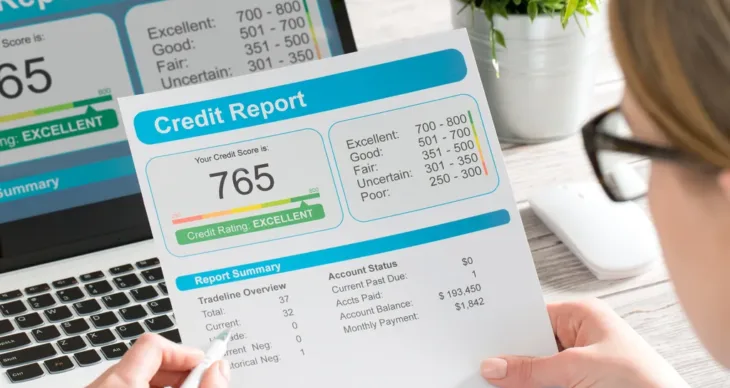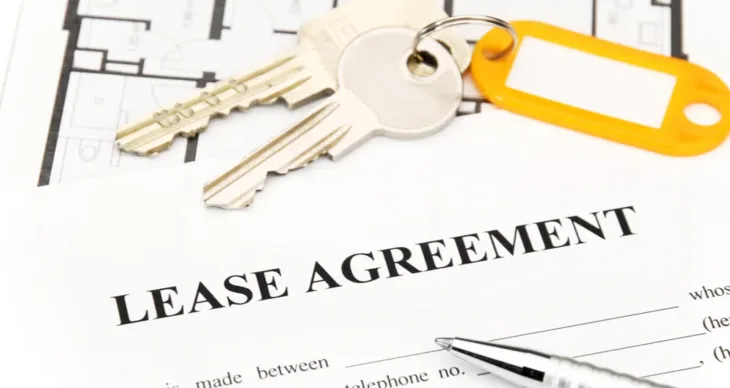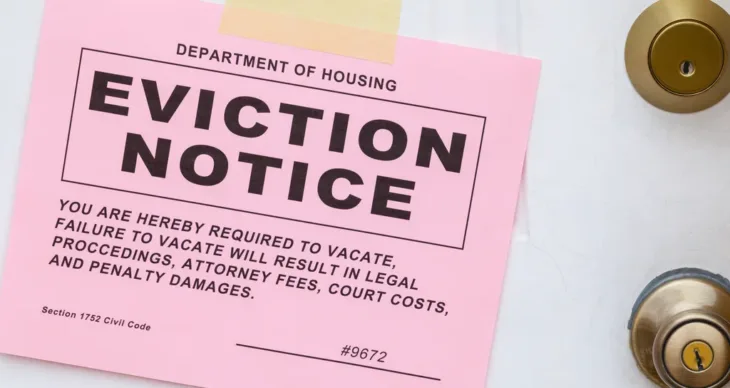Millions of Americans rent their home every year. Yet, very few renters actually know their rights and the renter protections they are entitled to under federal and state law, which ultimately can lead to them allowing abuses from their landlords.
Tenant protection laws are guarded and enforced by local organizations such as the Tenant Protection Unit in New York, to ensure that your rights as renter are protected.
If you are thinking about renting for the first time or simply wish to learn more about your rights as a renter, discover 9 tenant protections guaranteed available to renters nationwide below:

According to the Fair Housing Act, passed in 1968 and amended in 1988, a person cannot be denied housing or be discriminated against as tenant on the grounds of race, sex, color, religion, family status, disability or national origin. This also extends to any advertisements.
Currently, 22 states and the District of Columbia extended these federal tenant protections to cover discrimination against sexual orientation, and others extended against gender identity and residence status.
The Fair Housing Act is enforced mainly by the U.S. Department of Housing and Urban Development (HUD). If you wish to file a complaint with HUD on the basis on discrimination, call 1-800-669-9777 or 1-800-877-8339 or visit the website.

One of the most basic rights in terms of renter protection is the right to live in a rental unit that is safe and in good condition, free of any infestations or pests. The plumbing, heating, fixtures and any supplied appliances need to be working properly. It needs to be structurally sound and weatherproofed, as well as up to date with health codes.
These responsibilities fall directly on landlords. However, once you move in, your lease agreement may specify that pest control will fall under the tenant’s responsibility while renting, so make sure to check your agreement carefully before signing.

There are several laws protecting renters, including the Fair Credit Reporting Act, passed in 1970 by the U.S. Congress states that a landlord can only use a tenant’s credit’s history for screening. Yet, in order to run a credit report a landlord needs your permission, as well as to provide information on the credit report agency that was used.
Additionally, if the information the landlord got from the credit report is the basis for a denial, then the landlord has an obligation to inform you.

Just because your landlord owns the building that you are renting, he or she is not allowed to enter your home at any time. As part of your tenant protections, you have the right to a reasonable level of privacy.
Most states require landlords to provide between 24 and 48 hours prior notice before entering the premises of your home, as long as it’s not an emergency. However, some states don’t actually include a time window. They simply require the landlord to provide “reasonable” notice and at a reasonable time.
Generally, the only reason why landlords can request to enter is to make repairs or in case of an emergency.

Part of the landlord’s duties is to provide the lease agreement and other legal documents related to the rental. The rental contract needs to be legally written and abide by the law, and the landlord is responsible for it. The rental agreement needs to include:
- Leasing periods
- Monthly rental rates
- Tenant/s name/s
Some states require additional information such as the security deposit details and all the appropriate clauses, including the ones that advise tenants to buy renters insurance.

Rental agreements that include any provisions that go against tenant protections enforced by state law will not be able to be held up in court.
This means that if you sign a rent agreement and miss a clause that is blatantly illegal according to state law and the landlord files a lawsuit against you, he or she won’t be able to enforce that provision in court, regardless of your signature in the document.

In most rentals, tenants are required to pay a security deposit when you sign the lease and once the term of the lease expires, the deposit is returned to the tenant (after subtracting the money necessary for repairs, cleaning and unpaid rent.
Typically, states limit the amount of money a landlord can request as deposit as well as the time a landlord has to refund the deposit once the lease is done.
However, bear in mind that if you have a pet or any additional factors considered liabilities, you may have to pay a larger deposit.

Rental agreements are legally binding contracts, which means once they are signed, the landlord can raise the rent only in very specific circumstances and they have to be included in the lease. These are:
- If you get a new pet
- If a new tenant is added to the household
- If the unit is significantly remodeled
If the property is located in a rent-controlled city that allows these changes, then the landlord may also be able to raise the rent in those cases.
Some states have also set additional guidelines for rent increase limits, such as California in its 2019 Tenant Protection Act, as well as several other clauses to protect renters.

There are several valid reasons why you might be evicted, but in order to effectively evict you, the landlord needs to follow the proper legal procedures and provide you with due notice. The timeframe to provide due notice depends on the state, but they can be up to 30 days or even more.
If a landlord does not follow the right protocol and ends the rental agreement or your occupancy before the lease expires, he can face serious legal consequences and you can sue for remedies as well as monetary damages.
Also, if the landlord takes on any kind of dangerous practices such as turning off utilities, which can ultimately put you in danger, it can be considered retaliatory eviction. Additionally, depending on the type of action the landlord takes, he or she may face trespassing or even burglary charges.
You have the right to receive the claim of eviction, time to pay any unpaid rent or fix whatever problem led to a lease breach. If you don’t do this, then the landlord can file the eviction proceeding in court. Afterwards you have the right to receive notice and appear in court, file an answer and present your arguments.
For the landlord to have grounds for your eviction, you need to break the terms of the lease, including:
- failing to pay for rent
- housing people or animals not allowed by your lease
- committing a crime in the premises